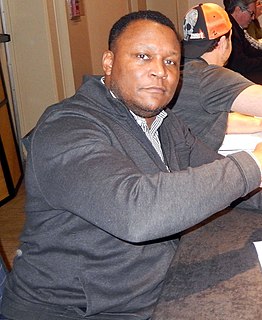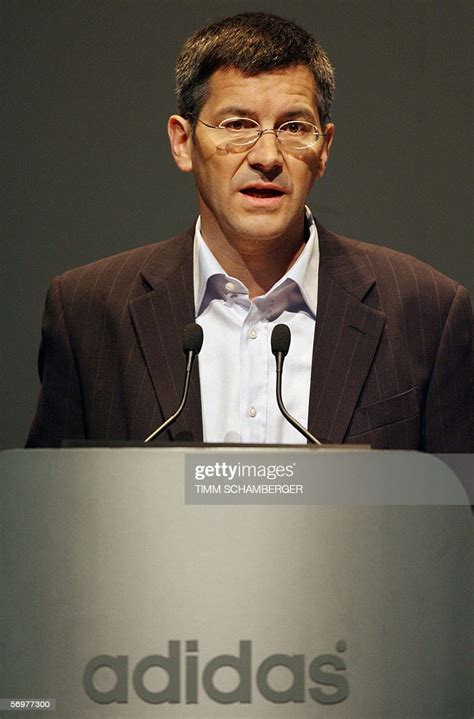A Quote by Jill Robinson
The American Dream, the idea of the happy ending, is an avoidance of responsibility and commitment.
Quote Topics
Related Quotes
The American Dream is individualistic. Martin Luther King's dream was collective. The American Dream says, "I can engage in upward mobility and live the good life." King's dream was fundamentally Christian. His commitment to radical love had everything to do with his commitment to Jesus of Nazareth, and his dream had everything to do with community, with a "we" consciousness that included poor and working people around the world, not just black people.
During the Reagan eighties, the idea that money was a good thing - it was good to be rich; that wealth was a reflection of your character. We see this today in perceptions of Donald Trump: the idea that money is an expression of success and even goodness. I compare that with my dad's generation, where the American Dream was about giving your kids a better life, but not just in material terms. The American Dream was also about doing something good in the world. The home was at the center of the dream, but home also represented community, shelter, and stability for your family.
































